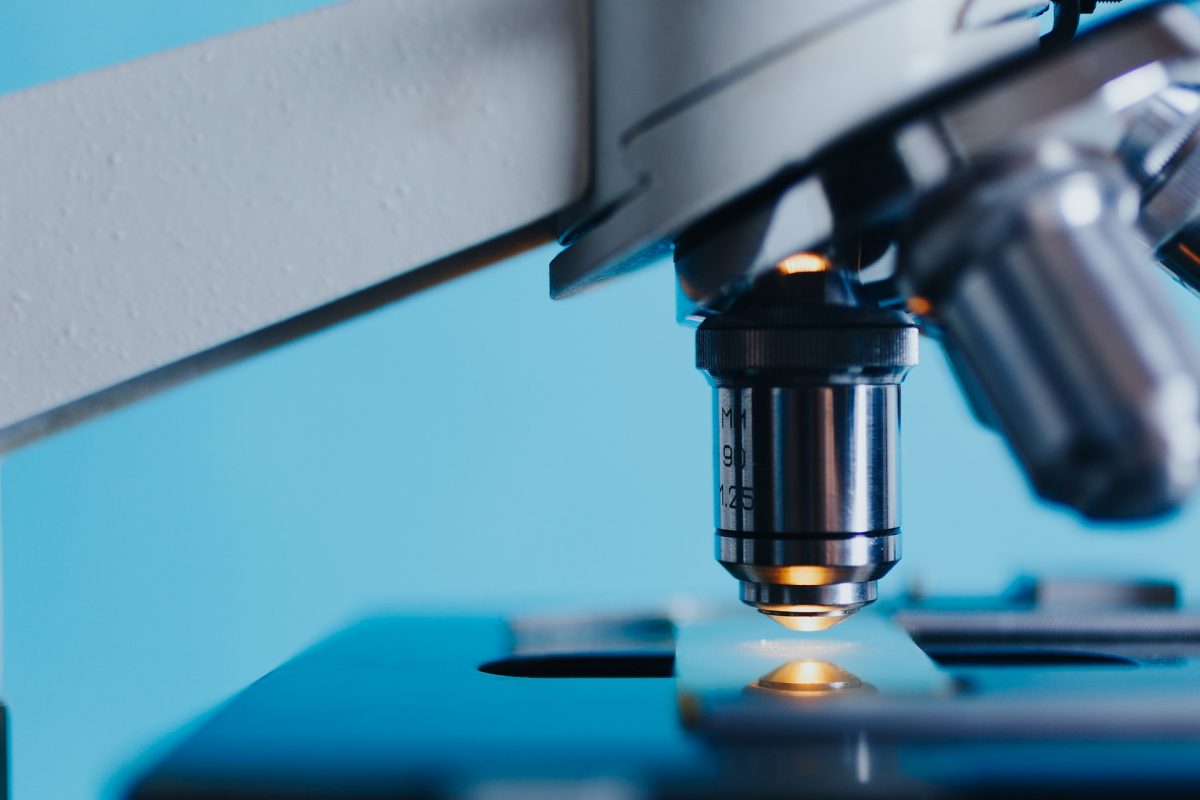
At the College of Veterinary Medicine, one group’s efforts to protect animals from diarrhea could help save the lives of children in developing countries.
NC State College of Veterinary Medicine researchers have uncovered a new defense mechanism used by the gut against the parasite Cryptosporidium parvum, one of the leading causes of childhood diarrhea in developing countries.
In the study, which focused on pigs, the researchers found that at the peak of Cryptosporidium infections, epithelial cells lining the surface of the intestines produce interferon (IFN)-λ3, a type of protein typically only released by cells during virus infections.
“IFN-λ3 helps the intestinal epithelial cells defend themselves against the parasite and sustain the gut’s protective barrier,” said Jody Gookin, FluoroScience Distinguished Professor in Veterinary Scholars Education and an internal medicine professor at the CVM.

The findings emphasize the importance of the gut’s natural defenses in protecting the body against diarrhea.
“Rather than just focusing on how we can kill infectious pathogens, we should be focusing on how we can empower the host to defend itself,” said Gookin, corresponding author of the research.
By understanding how to help boost these natural defenses, the researchers could help improve protection against diarrhea.
“Does that mean cleaner water, better nutrition, helping establish a healthy microbiome? All these things make sense,” said Gookin.
Combating the impact of childhood diarrhea is a major focus of the CVM’s global health program. According to the World Health Organization, there are nearly 1.7 billion cases of childhood diarrhea worldwide each year, which disproportionately occurs in developing countries.
Cryptospordium infections cause approximately 45 million of these cases, with the highest number seen sub-Saharan Africa. The parasite also causes an estimated 748,000 human cases of diarrhea in the United States each year, according to the Centers for Disease Control and Prevention.
Despite decades of research, there are no consistently effective treatments for diarrhea caused by Cryptosporidium, so the body’s natural defenses against the parasite are vital.

With a lack of effective treatments for Cryptosporidium infections, Gookin’s work to understand and boost the body’s natural defenses against the parasite are essential.
However, defending the gut from any infectious pathogen is challenging. Home to millions of microbes, the intestines rely on a single layer of epithelial cells – cells that line the body’s inner and outer surfaces – to protect the gut from harmful organisms while simultaneously absorbing useful nutrients.
“For most infections in your body, your immune system finds infected cells and kills them,” said Gookin. “But when the infection targets the intestinal epithelial cells, your gut has to come up with some sort of compromise.”
If intestinal epithelial cells are lost, the gut loses valuable protection from microbes, as well as its ability to absorb nutrients.
By understanding the gut’s defenses against different pathogens, CVM researchers could help develop new strategies for treating and preventing diarrhea worldwide. This year, the CVM partnered with the Pasteur Institute in Dakar, Senegal, to tackle some of West Africa’s greatest health challenges, including diarrhea.
A small animal veterinarian, Gookin has dedicated more than 20 years of her career to investigating gut defense. Much of her research focuses on kittens, which are commonly impacted by diarrheal diseases caused by infectious pathogens.
“What’s profound to me is that the causes of diarrhea in children in developing countries are the same for young animals in the United States,” said Gookin.
When studying kittens with diarrhea, Gookin and her team discovered a high prevalence of the bacteria known as atypical enteropathogenic E. coli, or aEPEC – another major cause of diarrhea in children in developing countries.
But when they examined the intestines of kittens that did not have diarrhea, the team discovered that they too carried the organism.
“This told us that in some kittens, aEPEC could be harmless, but in others it causes severe diarrhea,” said Gookin.
Their findings mirror observations in children living in developing countries. While some children with bacterial infections develop diarrhea, other children show no signs of the disease.
When searching for differences between kittens with and without diarrhea, Gookin discovered that good nutrition and a healthy gut microbiome – the community of microorganisms living inside the intestines – are essential for protecting the animals from infectious pathogens.
“Healthy kittens have a particular bacterial species called Enterococcus hirae on their gut surface, but in kittens with diarrhea, these bacteria have been largely displaced by more virulent organisms,” said Gookin.
To boost the gut’s defenses against diarrhea, Gookin and her team are developing a probiotic of Enterococcus hirae for kittens and testing it in clinical trials. By restoring the kittens’ natural gut microbiome, they hope to reduce incidences of diarrhea and improve survival rates of the animals.
“It’s a small-scale idea of how to treat children in developing countries with probiotics to help their guts build a healthy defense system,” said Gookin.
